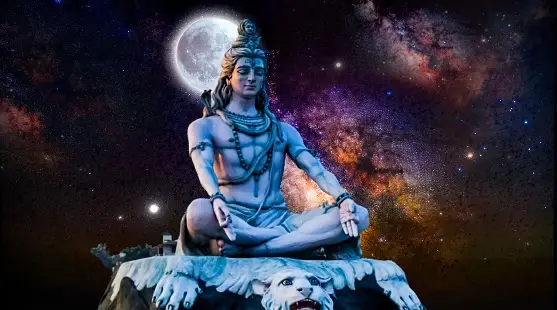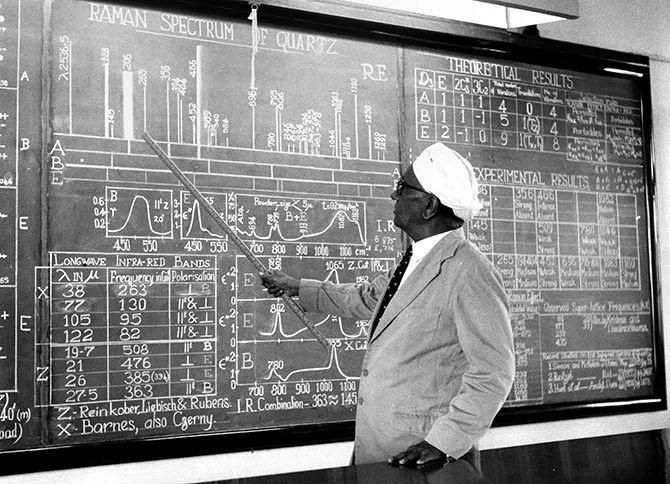Introduction:
Netaji Subhash Chandra Bose, born on January 23, 1897, in Cuttack, Odisha, stands as an indomitable figure in the annals of Bharat’s history. His unwavering commitment to freedom and visionary leadership left an enduring legacy, significantly shaping the socio-political landscape of India.
Early Life and Education:
Netaji’s early life was marked by a fervent sense of nationalism. His educational pursuits led him to England in 1919, where he prepared for the Indian Civil Service examination. However, disillusioned with British policies, he returned to India in 1921, dedicating himself to the freedom struggle.
Role in the Indian National Congress:
Bose’s political journey saw him rise through the ranks of the Indian National Congress, becoming its president in 1938 and 1939. However, ideological differences with Mahatma Gandhi and Congress leaders led to his resignation in 1939.
Formation of the Forward Bloc:
Undeterred, Netaji Subhash Chandra Bose founded the Forward Bloc in 1939, advocating for a radical approach in the fight against British imperialism. The Forward Bloc, under his leadership, became a symbol of defiance against colonial rule.
The Great Escape and INA:
During World War II, Bose made a daring escape from house arrest, seeking international support for India’s cause. His journey took him to Germany and Japan, where he formed the Indian National Army (INA) with the assistance of Axis powers. The INA played a crucial role in the war against the British, capturing the imagination of millions.
“Give me blood, and I shall give you freedom” – this rallying cry became synonymous with the spirit of the independence movement led by Netaji.
Legacy and Impact:
Netaji Subhash Chandra Bose’s legacy extends beyond military and political endeavors. His commitment to justice, equality, and self-determination has left an indelible mark on Bharat’s socio-political landscape.
In the modern era, Netaji’s influence is evident in India’s commitment to democracy, secularism, and social justice. His emphasis on self-reliance and economic development continues to shape India’s policies in the post-independence era.
The Netaji Files:
Despite his significant contributions, Netaji’s mysterious death in a plane crash in 1945 remains a subject of controversy. In recent years, there has been a renewed call for transparency, leading to the declassification of certain documents related to Netaji. The quest for truth surrounding his demise remains a poignant aspect of his legacy.
A short story to describe who Netaji was from a student’s perspective:
Rain lashed against the windowpane, mirroring the storm brewing within me as I turned the final page of “The Enigma of Netaji.” Subhash Chandra Bose, the name resonated in my head like a chant, each page etching his story onto my soul. It wasn’t just a biography; it was a portal to a bygone era, a kaleidoscope of fire and freedom I was desperate to step into.
My history textbook had painted him as a rebel, a freedom fighter who dared to dream of a free India outside the confines of Gandhi’s non-violent struggle. But this book, penned by someone who saw the man, not just the legend, opened my eyes to the depths of his complexity.
I saw the brilliant young scholar, defying British prejudice to conquer Cambridge, only to throw away that crown at the altar of his nation. I felt the sting of his expulsion from Congress, his yearning for a more assertive path to independence. And then came the audacious escape, the cloak-and-dagger journey across continents, a lone warrior carving his destiny in the shadows.
Germany, Japan, the Indian National Army – his alliances cast a shadow, raising questions about pragmatism bordering on desperation. Did the ends justify the means? Was he a revolutionary or a gambler with the lives of his men? My head argued, but my heart resonated with his desperate cry, “Give me blood, I will give you freedom!”
The pages whispered of INA marches, the thunder of war cries in a foreign land, brothers fighting not for the Kaiser or the Emperor, but for the motherland they had never seen. I saw Lakshmi Sahgal, the Rani of Jhansi reborn, the INA’s Joan of Arc, leading with valor that shamed seasoned generals.
And then, defeat. The INA’s dream shattered, leaving behind a trail of disillusionment and questions. Did he die in that plane crash, a fiery finale to a meteoric life? Or did he disappear, choosing exile over surrender, the embers of his revolution waiting to be rekindled?
The rain had stopped, leaving behind a washed-clean world. I closed the book, the silence deafening. Subhash Chandra Bose wasn’t just a footnote in history anymore; he was a man who bled for my freedom, his legacy a torch passed to me, the student of history yearning to become a writer of destiny.
My pen hovered over the blank page, the rain-washed window reflecting not just my image, but the flicker of a new rebellion – the fight for the truth, for the nuance, for the man behind the myth. In that quiet room, with the echo of Subhash Chandra Bose’s spirit as my guide, I began to write, not just his story, but my own, woven in the threads of his sacrifice and courage. The storm had passed, but the revolution, I knew, had just begun.
Famous Quotes:
Netaji Subhash Chandra Bose was known for his powerful and inspirational speeches. Here are some of his famous quotes that reflect his vision, determination, and commitment to India’s freedom struggle:
“Give me blood, and I shall give you freedom!”
“Freedom is not given – it is taken.”
“One individual may die for an idea, but that idea will, after his death, incarnate itself in a thousand lives.”
“No real change in history has ever been achieved by discussions.”
“It is our duty to pay for our liberty with our own blood. The freedom that we shall win through our sacrifice and exertions, we shall be able to preserve with our own strength.”
“Nationalism is inspired by the highest ideals of the human race, satyam [the truth], shivam [the god], sundaram [the beautiful]. Nationalism in India has … roused the creative faculties which for centuries had been lying dormant in our people.”
“You give me your blood, and I will give you Independence!”
“To be free, to be independent, to have our own identity, to be able to do things in our own way – by that, I mean, to have our own economic structure, our social structure, our cultural policy, our own way of life.”
“Life loses half its interest if there is no struggle—if there are no risks to be taken.”
“Soldiers who always remain faithful to their nation, who are always prepared to sacrifice their lives, are invincible.”
These quotes reflect Netaji’s strong determination, patriotism, and his unwavering commitment to the cause of India’s independence. They continue to inspire generations and serve as a testament to his leadership and vision for a free and self-reliant India.
FAQs
1. Who was Netaji Subhash Chandra Bose?
Netaji Subhash Chandra Bose, born on January 23, 1897, in Cuttack, Odisha, was a prominent Indian nationalist leader and a key figure in the country’s struggle for independence against British rule.
2. What role did Netaji play in the Indian National Congress?
Netaji served as the President of the Indian National Congress in 1938 and 1939. However, ideological differences with Mahatma Gandhi and other leaders led to his resignation from the Congress.
3. Why did Netaji form the Forward Bloc?
Dissatisfied with the Congress’s approach, Netaji founded the Forward Bloc in 1939, advocating for a more radical stance against British imperialism. The Forward Bloc became a symbol of defiance against colonial rule.
4. What was the Indian National Army (INA), and how did Netaji contribute to its formation?
During World War II, Netaji formed the Indian National Army (INA) with the help of Axis powers like Germany and Japan. The INA played a crucial role in the fight against the British, aiming to liberate India.
5. What is the significance of Netaji’s famous quote, “Give me blood, and I shall give you freedom”?
This powerful statement became the rallying cry for the INA and symbolized Netaji’s unwavering commitment to the cause of India’s independence, emphasizing the sacrifice required for freedom.
6. What happened to Netaji during World War II, and how did he contribute to the independence movement from abroad?
After escaping house arrest, Netaji sought international support for India’s cause during World War II. He traveled to Germany and Japan, actively participating in the freedom movement from abroad.
7. Why is there controversy surrounding Netaji’s death?
Netaji’s death in a plane crash in 1945 remains shrouded in mystery and controversy. Questions about the circumstances of his death persist, leading to ongoing debates and calls for the declassification of related documents.
8. How did Netaji’s principles and ideas influence modern India?
Netaji’s emphasis on justice, equality, self-determination, and economic development has left a lasting impact on modern India. His vision continues to shape the country’s commitment to democracy and social justice.
9. What is the relevance of the “Netaji Files” in recent times?
The “Netaji Files” refer to classified documents related to Netaji’s life and death. In recent years, there has been a push for transparency, leading to the declassification of certain documents and renewed interest in understanding the circumstances surrounding his demise.
10. How is Netaji Subhash Chandra Bose remembered in India today?
Netaji is remembered as a national hero in India. His birthday, January 23, is celebrated as “Parakram Diwas” (Day of Courage) to honor his contributions to the country’s struggle for independence. His legacy remains a source of inspiration for millions of Indians.







